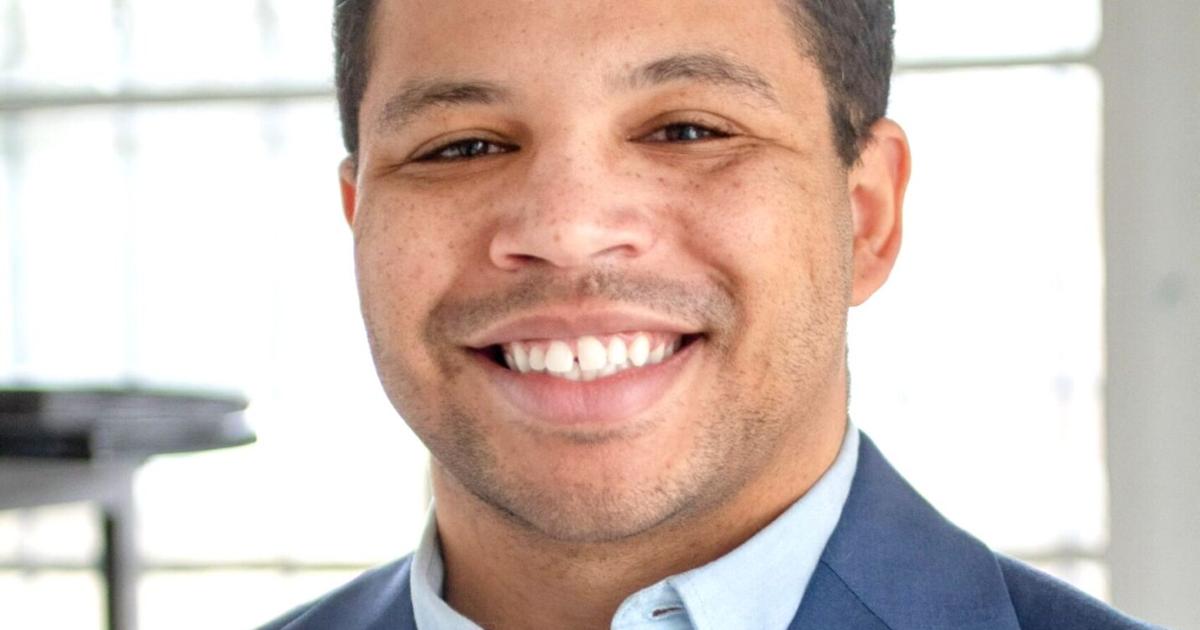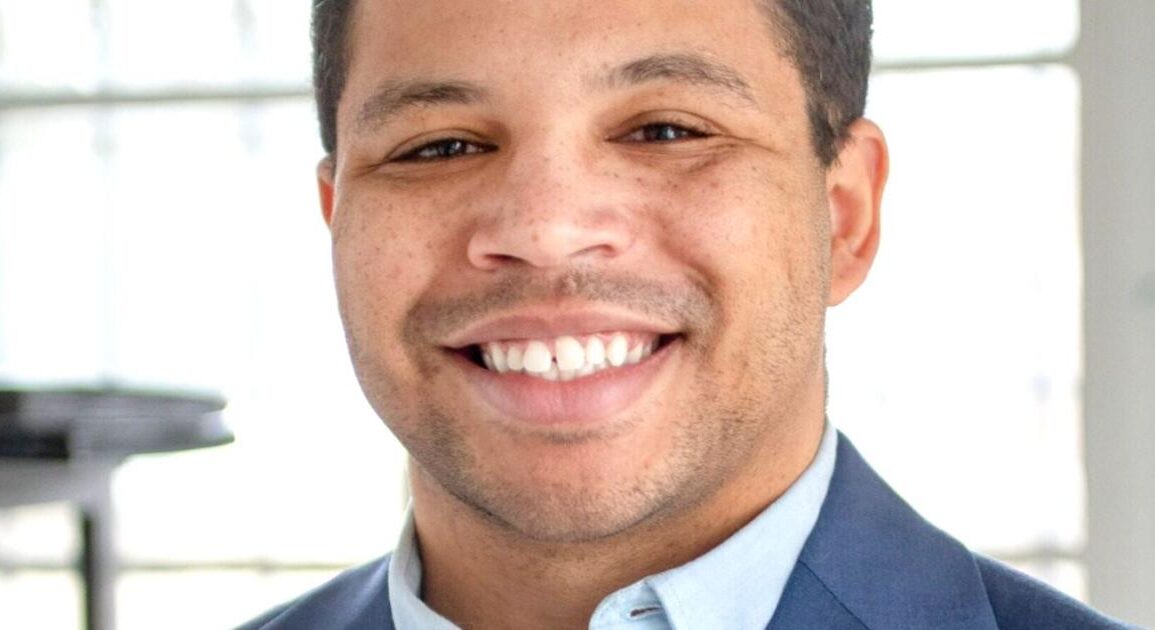
Every year Congress and the president are responsible for creating the federal budget and ensuring our country’s bills are paid. Over the last decade, this long process has become increasingly notorious for annual buzzwords like debt ceilings and shutdowns.
Another term, pork barrel — which is when congressional members score political points by getting funding for special projects in their districts — has long been a part of budget-making deals.
But nestled within one budget proposal in Congress last month was an unusual form of pork. Language in a House subcommittee would rush through a $500 million prison in rural, eastern Kentucky. The bill would mandate an approval of the prison within 30 days of passage, and strip courts’ right to review it.
If that sounds familiar, it’s because a similar provision was included in the bill that staved off a government default in May. Then, Sen. Joe Manchin (D-W.Va.) managed to include language in the Fiscal Responsibility Act that fast tracked the frequently challenged Mountain Valley Pipeline, which would send fracked gas over rough mountains and under rivers from West Virginia to southern Virginia.
It’s unfortunate that the MVP language may have set a precedent of attempting to circumvent courts, environmental reviews and public participation in permitting projects. But at this point, reader, you may wonder why prison pork in Kentucky is relevant to West Virginians.
West Virginia shares a long history with Kentucky and other Appalachian communities in fighting the twin terrors of environmental and criminal injustices, with healthy doses of labor concerns and economic justice activism added in.
Prisons and jails are often built on former mine sites or in communities that relied on the coal economy. As coal money dried up, local and state leaders often turned to the prison industrial complex as their next lifeline.
Historically, they’ve looked toward the Bureau of Prisons to construct federal prisons in their communities, which means Appalachia has relied on importing incarcerated people from other states in the hopes of sparking an economic revival to turn around our own population loss.
Just nine years ago, West Virginia was considered the federal prison capital of the United States thanks to the same reason that statues, highways, and buildings across the state are named for former Sen. Robert C. Byrd — his acumen for serving pork in the appropriations process.
People in and around Letcher County, Kentucky, have been fighting this federal prison since it was proposed over a decade ago. They know they’re being sold empty promises; the prison boom in Kentucky has not led to the economic gains that were expected. And in West Virginia, there are federal prisons and camps in places like McDowell and Glenville; areas with persistently high poverty rates.
West Virginia’s criminal justice system is in a different crisis years in the making. Our regional jails have been described as bursting at the seams and some counties are consistently unable to pay their jail bills. Jails and prisons face $200 million in needed maintenance. There have been reports of cell doors not locking and broken plumbing. Fourteen people died in a year’s time in Raleigh County’s Southern Regional Jail. For too long, and arguably still, our state relied on carceral solutions to the addiction crisis.
West Virginia legislators and the governor have not been addressing these crises through wide-scale reforms to the state criminal justice system, and instead have focused their attention on giving a pay bump to corrections officers, which they hope will make the job attractive enough to fill the 30 percent staff vacancy rate across the state.
There have been both whispers and shouts that a special session might be called for the August interims that start this Sunday to pass a salary raise.
While a pay raise might make the job more attractive to someone already in the role, it would take more money than the state can afford to drive the masses to take up posts when the starting pay in other industries is so strong right now.
Such a solution would also pit public service workers against each other. Aren’t other vital sectors also in a crisis? Aren’t we facing a deficit for teachers, aides, bus drivers, social workers, and other important positions that we rely on to provide social services to our most vulnerable residents?
Unlike Kentucky right now, West Virginia is not in a battle over building a new prison, but a reduction in our carceral state is nonetheless important. The most obvious solution to our bursting jails and prisons crisis is to follow other states in making real efforts to reduce incarceration. The much-touted state surplus could be used for any number of justice reinvestment efforts. Local governments are getting a windfall in opioid settlement money. It’s vital that they don’t squander these funds on the same things that led us to this place.
This post was originally published on this site be sure to check out more of their content.









